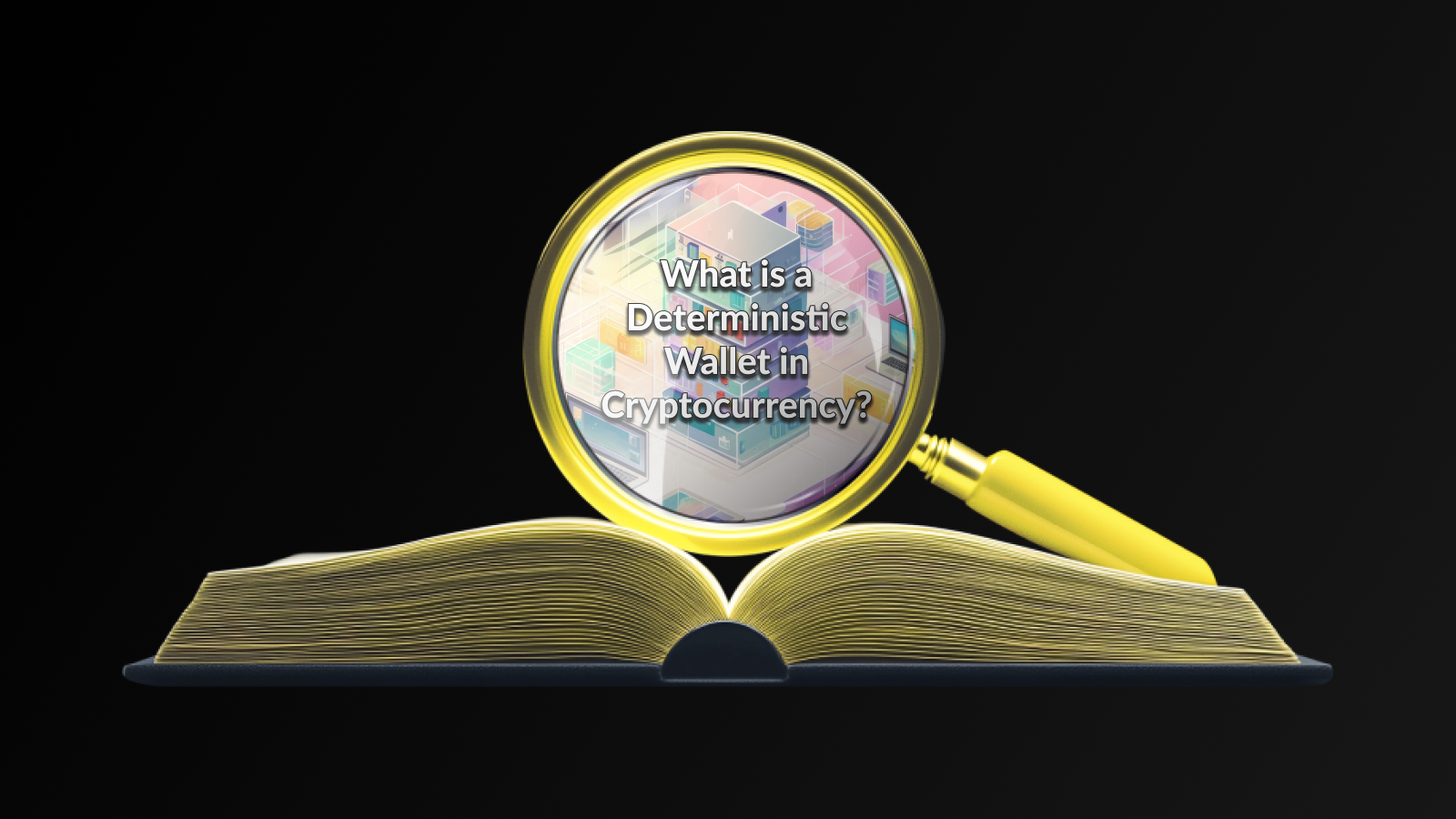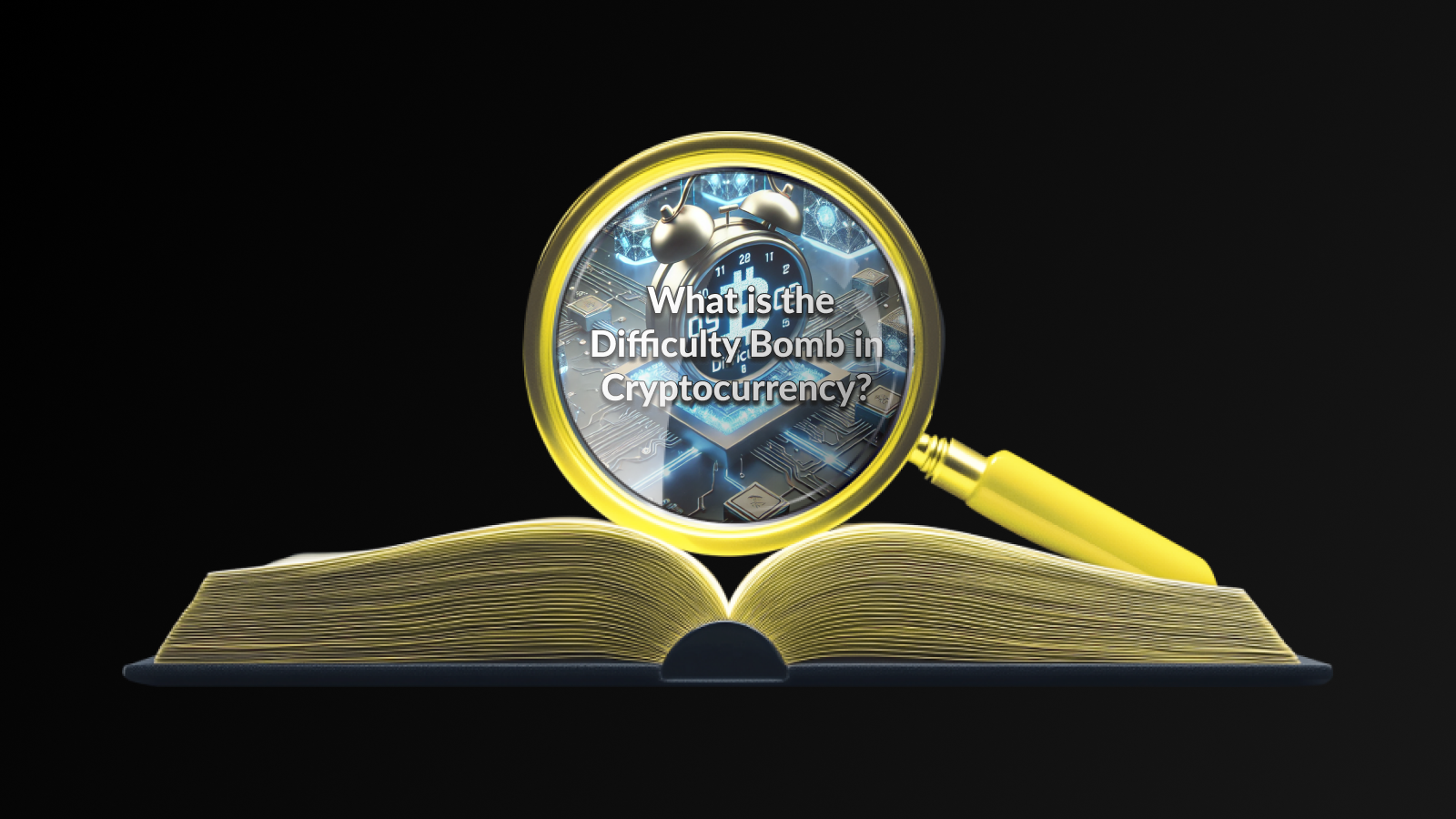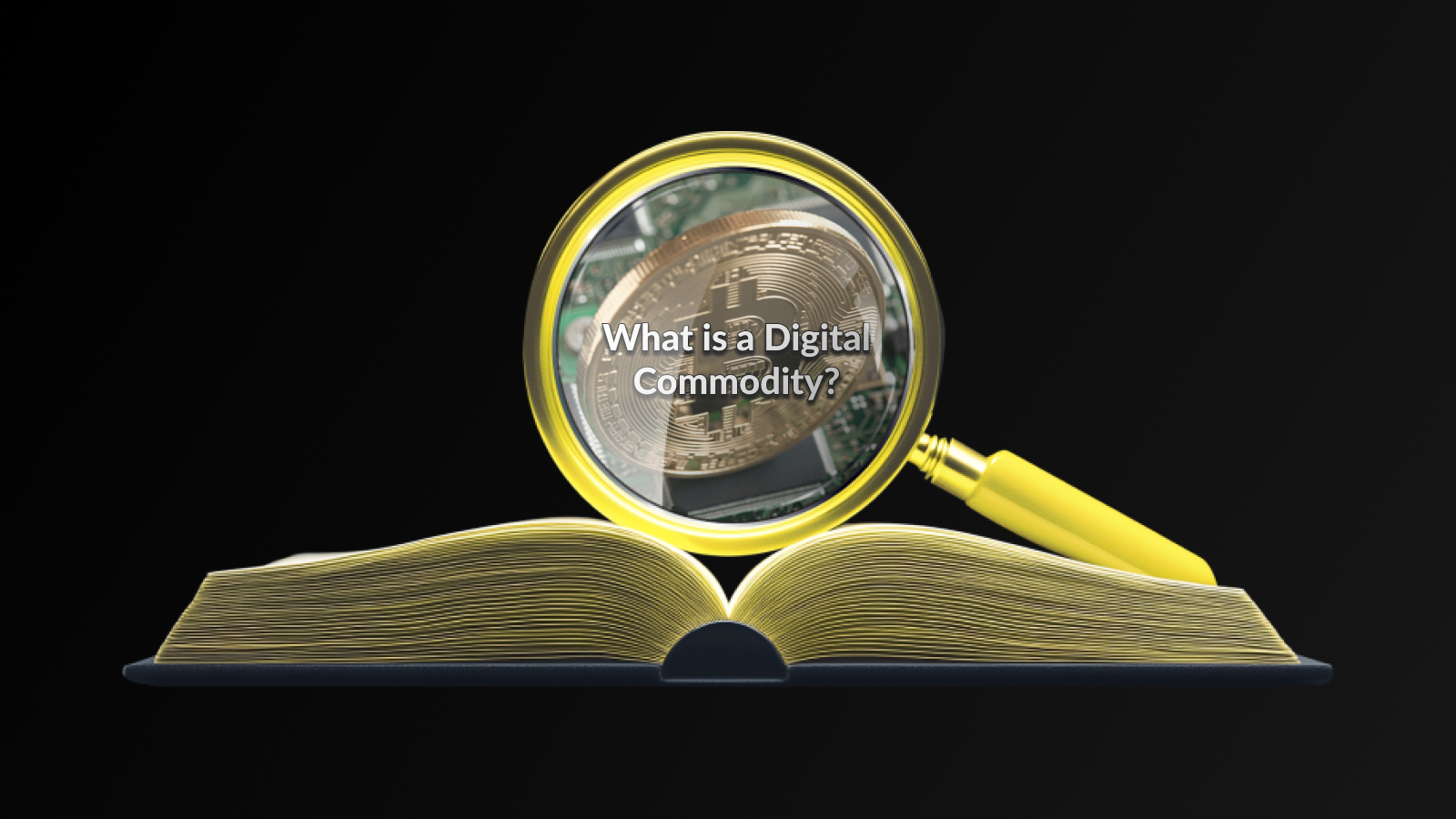Introduction
A Deterministic Wallet in Cryptocurrency offers a unique approach to managing digital assets by generating a sequence of private keys from a single master seed. This method enhances user convenience, as it allows for the creation of multiple addresses without needing to store individual private keys for each one. Users can easily back up their wallets by saving just the master seed, which serves as the key to regenerate all related keys and addresses.
These wallets are designed to minimize the risks associated with key management and address generation. By utilizing algorithms such as BIP32 or BIP44, deterministic wallets can create hierarchical structures that organize all the generated addresses, making it easier for users to track their balances and transactions. This structure also opens the door for improved privacy, as users can generate new addresses for each transaction without reusing old ones.
Moreover, the importance of a Deterministic Wallet in Cryptocurrency extends to security features. Since all addresses derive from a single seed, users must ensure that the seed is securely stored and not exposed to potential threats. Failure to protect the seed can lead to the complete loss of access to all funds, underlining the critical nature of proper security practices.
Understanding how a Deterministic Wallet in Cryptocurrency operates is essential for anyone looking to delve into the world of digital currencies. Properly utilized, these wallets significantly simplify the management of cryptocurrency assets and address the common challenges associated with traditional wallets.
How Do Deterministic Wallets Work?
A Deterministic Wallet in Cryptocurrency employs a systematic approach to generate and manage private keys. Unlike traditional wallets, which create new keys randomly, deterministic wallets utilize a seed phrase or master key. This seed serves as the foundation for generating a hierarchical tree of addresses, ensuring that all keys can be derived from a single initial point.
Key Derivation
Key derivation in deterministic wallets typically follows a specific standard, such as BIP32 (Bitcoin Improvement Proposal 32). This protocol allows for the creation of a tree of public and private keys from a single seed. Each key in this tree can be addressed in a predictable way, facilitating easy backup and recovery of funds.
Seed Phrases
Users are provided with a human-readable seed phrase, usually consisting of 12 to 24 words. It’s crucial to store this seed phrase securely, as losing it may result in permanent loss of access to the wallet and its contents. The seed phrase can recreate the entire wallet, enabling users to recover their funds on any compatible wallet software.
Address Generation
Deterministic wallets generate new addresses for each transaction, enhancing privacy. By using unique addresses for every transaction, users can minimize tracking of their wallet’s activity on the blockchain. This method also helps to obfuscate financial behavior, making it more challenging for third parties to analyze user patterns.
A Deterministic Wallet in Cryptocurrency simplifies the key management process while improving security and privacy. Its design principles are particularly advantageous for users managing multiple cryptocurrencies and addresses, streamlining both backup and recovery.
When considering the Deterministic Wallet in Cryptocurrency, understanding its advantages and risks is crucial for users navigating the complex world of digital assets. One major advantage is the hierarchical structure of deterministic wallets, which allows for the generation of an entire tree of addresses from a single seed. This greatly enhances convenience, as users can manage multiple addresses without needing to back up each one individually.
Another benefit is improved privacy, as users can generate new addresses for each transaction, making it more challenging for outside parties to track the entirety of their financial activities. Additionally, deterministic wallets commonly provide better recovery options; as long as the seed phrase is secure, users can restore their wallets even after a loss or theft of the device.
However, these wallets are not without risks. If a user’s seed phrase is compromised, all associated funds can be accessed by malicious actors. Therefore, sensitive management of the seed phrase becomes paramount. Furthermore, while the convenience and enhanced security features help, the complexity of these wallets may pose challenges for less tech-savvy users, potentially leading to mistakes that could result in the loss of funds.
While the Deterministic Wallet in Cryptocurrency offers significant benefits, users must remain vigilant regarding security practices to mitigate the associated risks.
How to Secure a Deterministic Wallet
Securing a Deterministic Wallet in Cryptocurrency is crucial for protecting your digital assets from potential threats. Here are some effective strategies to enhance the security of your wallet:
- Use Strong Passwords: Create a unique and complex password for your wallet. Combining letters, numbers, and special characters can significantly increase security.
- Enable Two-Factor Authentication (2FA): Whenever possible, activate 2FA. This adds an extra layer of security, requiring a second form of verification beyond just your password.
- Keep Software Updated: Regularly update your wallet software and device operating systems. Updates often contain security patches that protect against vulnerabilities.
- Backup Your Wallet: Regularly back up your wallet to ensure you can recover your funds in case of loss. Store backup files in secure locations, preferably offline.
- Use Hardware Wallets: For long-term storage, consider using a hardware wallet. These devices store your private keys offline, making them less susceptible to online hacks.
- Be Wary of Phishing Attempts: Always verify the authenticity of websites and emails related to your wallet. Phishing scams can trick you into providing sensitive information.
By implementing these security measures, you can help safeguard your Deterministic Wallet in Cryptocurrency against potential threats, ensuring your crypto assets remain secure.
Frequently Asked Questions
What is a deterministic wallet?
A deterministic wallet in cryptocurrency is a wallet that generates a new address for each transaction but derives all the addresses from a single seed. This allows for easy backup and recovery.
How does a deterministic wallet differ from a non-deterministic wallet?
Unlike non-deterministic wallets, which generate random addresses for each transaction without a structured method, deterministic wallets use a specific algorithm to derive new addresses from a seed.
What is the significance of the seed in a deterministic wallet?
The seed is a crucial component as it acts as the master key, allowing users to regenerate all derived addresses and access their funds, even if they lose the wallet.
Can you explain the two types of deterministic wallets?
The two main types of deterministic wallets are HD (Hierarchical Deterministic) wallets, which allow for the generation of a tree-like structure of addresses, and non-HD wallets, which follow a simpler, linear generation process.
What are the advantages of using a deterministic wallet?
Deterministic wallets provide enhanced security, simpler backup solutions, and better organization by keeping all addresses linked to a single seed.
Are deterministic wallets safe for long-term storage?
Yes, deterministic wallets can be very safe for long-term storage if the seed is securely stored. However, users must ensure that their recovery phrases are kept private and protected.
What happens if I lose my seed for a deterministic wallet?
If you lose your seed, you will not be able to access your wallet, or the funds associated with it. Therefore, it is vital to create backups and store them in secure locations.
Disclaimer
This article is for informational purposes only and does not constitute financial, investment, or security advice. Cryptocurrency wallets carry inherent risks, and users should conduct thorough research and follow best security practices before storing digital assets.
Click for more educational articles.





